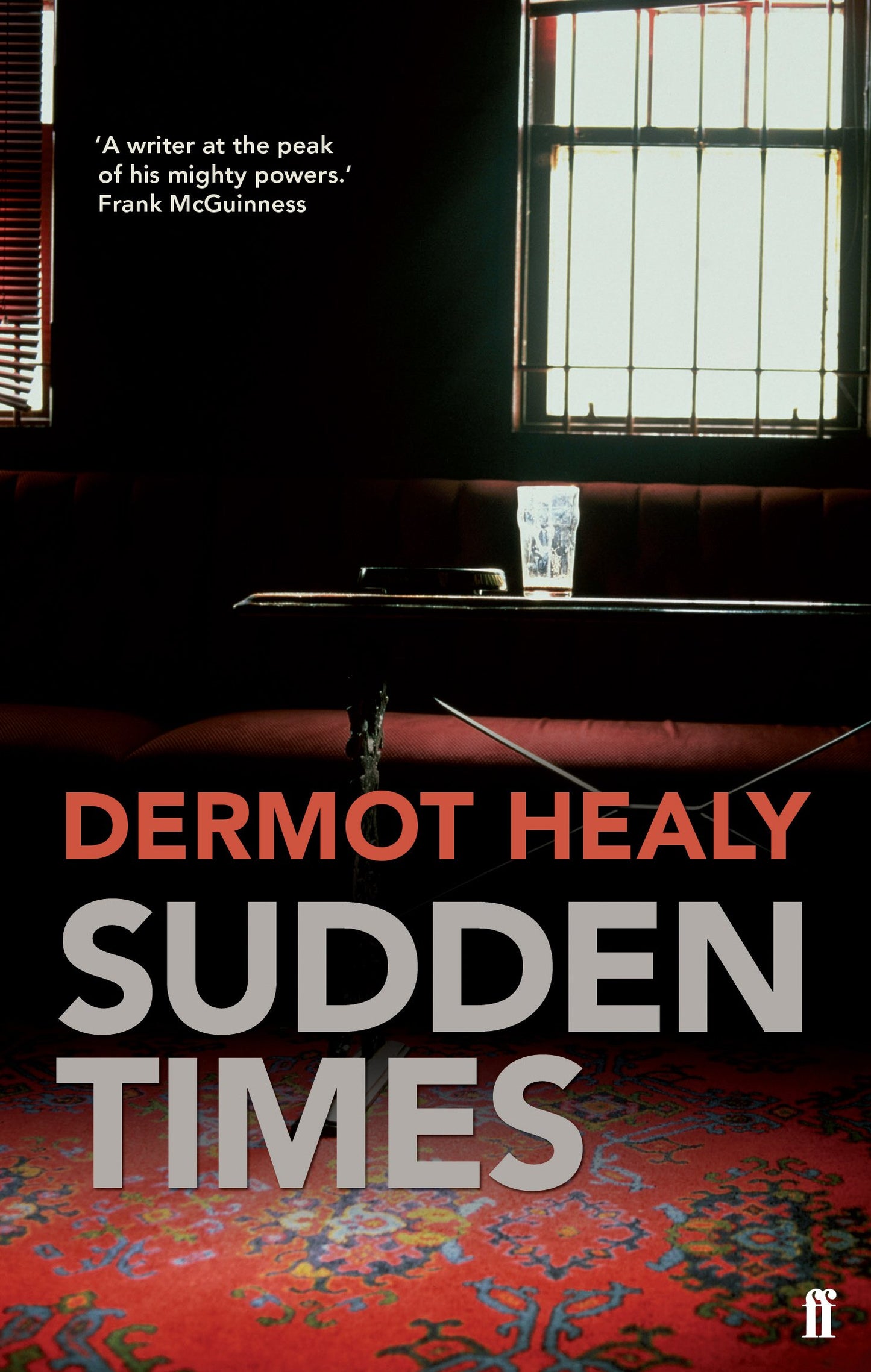Sudden Times by Dermot Healy
Sudden Times by Dermot Healy
252 in stock
Couldn't load pickup availability
Author(s): Dermot Healy
Pub: Faber
Pack Qty: 56 (Paperback)
ISBN: 9780571281862 - New
197mm x 128mm x 21mm
Publication: 2 July 2015Pages: 352
Funny, bewildered, guilty, more than half-mad, the voice that narrates Dermot Healy's Sudden Times is like a nightmarish illustration of the old bumper sticker that says: Just Because You're Paranoid Doesn't Mean They're Not Out to Get You. Something terrible happened to Ollie Ewing while he was working construction in London, and as he wanders the streets and pubs of his hometown Sligo, he keeps his memories at bay with a ceaseless round of activity--walking, working, then walking some more. 'What I've discovered is--once you're moving you're thinking, it's when you're not moving that things go awry. This numbness starts in the brain and what you see would sicken you.' Ollie hears voices, although he tries to drown them out, and the world around him is shimmery and numinous, full of hidden and unfriendly signs. An empty wedding dress hanging in a cleaner's window transforms each night into the faceless apparition of a bride, and when he closes his eyes, he sees flames, courtrooms, corpses stuffed in the back of lorries. Eventually even this slight purchase on reality slips, and as Ollie travels to England to reconcile with his father, the book telescopes horribly backward, to his time in London and the mess it made of his life.
There, Ollie worked as a day laborer on building sites, joining a shadowy underworld of foreign workers, crooked bosses, violence, and drugs. This in spite of his best efforts to stay out of trouble: I don't like hearing talk of governments. Politics makes me dizzy. They're cat. If you're paranoid about government then the psyche is unsettled. You're not well. Next thing is you're standing in Saint Columba's in your pyjamas talking to some bollacks about the phallus and chewing something to bring you down. But this is an Irish novel, of course, its rough, lyric vernacular haunted by the ghosts of Beckett and Joyce, and Ollie's great tragedy is that politics find him whether he likes it or not. The strains of the traditional song 'Cunla' torment him along with the voices of his dead, and the 'reels and jigs' that echo through his head have names like 'Rifles from High Buildings,' 'Protection Rackets,' 'Come Back Me Auld Mate,' and 'Is the Place Being Watched?' If the book has a fault, it's that its first half simply slips away; we're drawn into Ollie's London story, and the trip we took to get there seems in retrospect like an extended narrative tease. But in trying to make the two halves fit together, you might well pay this mad and beautifully terrifying novel the highest praise of all: that is, to read the last page, and immediately turn to the beginning and start again. --Mary Park


